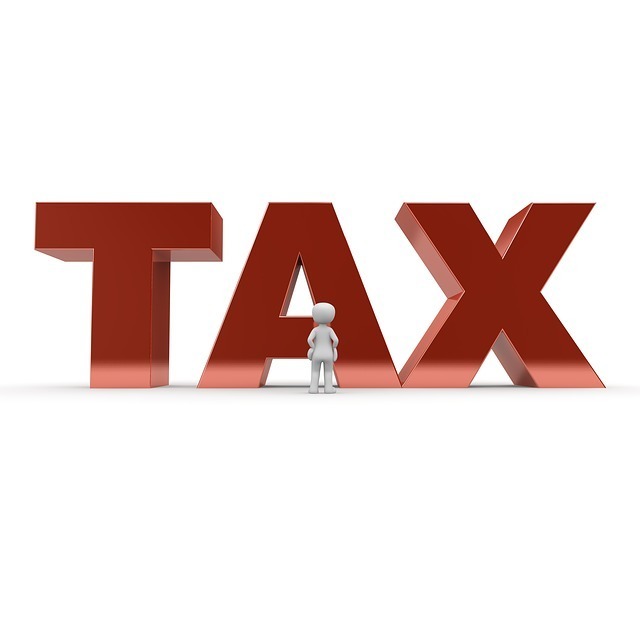For those persons employed full-time by a reputable company, there is no option but to pay your Social Security taxes. The employer takes this money out of each paycheck. But, for the self-employed or part-timers not considers employees, things get trickier.
15% Of Gross Earnings

If the companies you worked for during the year did not deduct Social Security taxes from what they paid you, it is up to you to do so. This can be daunting because the numbers are so large. Employees split Social Security taxes with their employers. Each pays half or 7.65% of your gross earnings. If the person paying you does not contribute her half, you need to pay both halves. That amounts to more than 15% of every dollar you earn. This not money you will get back in a refund, either. This is money going to fund current recipients of Social Security benefits.
The IRS Probably Won’t Catch You, But . . .
It is understandable that people do not want to see 15% of their income vanish. For this reason, many self-employed people simply do not pay this tax. With the IRS all but out of the enforcement business, such people can probably get away with this tax dodge. But there is a price to pay.
No Taxes, No Disability, No Retirement
If you become disabled, you will not be eligible for Social Security disability insurance (SSDI) benefits. As for as Social Security is concerned, you don’t exist. Even if you don’t become disabled, you will have less money coming to you in Social Security retirement. This could affect not just you but your spouse and your children.
This Will All Make Sense One Day
Nobody likes to pay taxes, but in this example, paying them makes more sense than not paying them. So, come next April, do the right thing and pay those self-employment taxes. One day, you will be glad you did.



